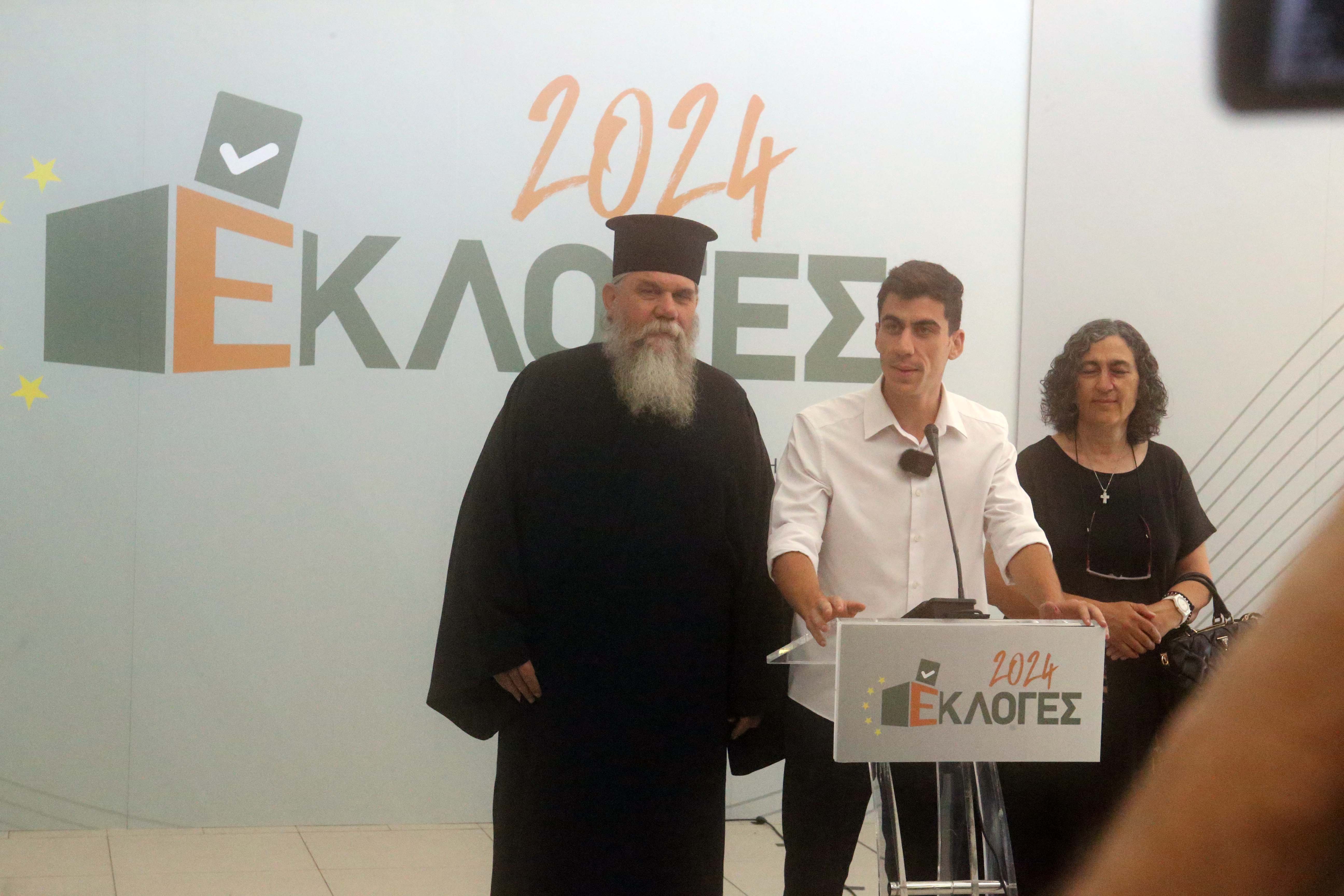The unexpected win of an MEP seat by 24-year-old YouTuber Fidias Panayiotou, dubbed as the “Fidias Phenomenon” has been making the rounds of international news outlets with coverage ranging from bemusement to mild reprobation.
Political scientist Vassilis Protopapas, however, cautioned that Fidias should not be underestimated and that putting down his rise to MEP as a mere fluke was a mistake.
The BBC, with the headline “YouTube prankster voted in as Cyprus MEP” noted in its circumspect article that Fidias had described himself as a “professional mistake maker” and went on to describe his online jinks, such as setting himself the task of hugging 100 celebrities (Elon Musk included), spending a week in a coffin and dodging train fares in Japan.
The news source stated that Fidias, who has more than 2.6 million subscribers garnered the third-largest number of votes with 19.4 per cent, despite his complete lack of political experience.
The Daily Mail remarked in its headline that the 24-year-old “admitted he has no knowledge of the EU” and said his unexpected win was seen as a rejection of traditional politics.
Dutch source, De Standaard remarked on Fidias’ intent to bring “power to the people” and do away with the “nerds in Brussels”.
Elsewhere, Paris-based French weekly Courrier international ran the headline “Fidias Panayiotou, candidate, TikToker and symbol of a political system in crisis in Cyprus.”
Italian sources, including la Republica and Corriere de la Sera also covered the story with headlines remarking on the surprise element of the win.
German Der Spiegel’s subhead notes that Fidias’ challenges usually involve spontaneous acts but his latest one is now the seat he gained in the EU parliament, while Spanish newspaper La Vanguardia, makes mention of the fact that Fidias “never voted in his life”.
French-language Swiss newspaper Le Matin’s headline ran: “Cyprus sends a 24-year-old YouTuber to the European Parliament” while euroactiv.com led with “A YouTuber shakes the political scene of Cyprus.”
Despite the somewhat stunned and, at times, lukewarm reception of the “Fidias Phenomenon” in Cyprus, particularly among proponents of established politics, Vassilis Protopapas, political scientist at Tepak, said the young man’s appeal and his capabilities should not be underestimated.
“I disagree with the assessment that this is a crisis or a disaster for Cyprus’ political system,” he said, speaking on CyBC’s morning radio.
The actual crisis is that since 2011 there had been a want of representation, where a sizeable segment of the population does not feel its needs reflected by the usual candidates and parties on offer, he said.
According to the expert, it is a well-known fact among social scientists that the vast majority of people do not “vote with their heads” or strictly on political principle, as is widely touted, but based on family allegiances, personal appeal and a host of other unrelated factors.
“I disagree with the stance that voting for Fidias is a ‘non-political’ act,” the expert said. Those who voted for him, voted to punish the corrupt and arrogant established powers as they see them, but this is in itself a political stance, he said.
As for the young man’s potential in his new role as MEP, Protopapas pointed out that “not everyone could be a Fidias or do what he did.” The young MEP managed to create motivation out of stagnation and regain the confidence of a significant segment of disenchanted voters, he said.
Fidias may even succeed in opening up what are perceived by many as the “closed doors of the EU parliament” where the privileged and the highly paid make decisions, he added.
The fact that Panayiotou had not aligned himself with any party, despite the possibility to do so – the very thing that propelled him to win – could be viewed as a strategic act, the expert claimed.







Click here to change your cookie preferences